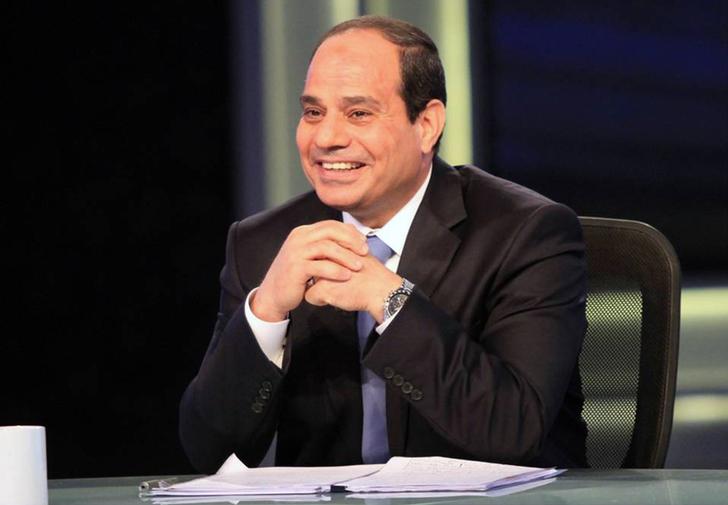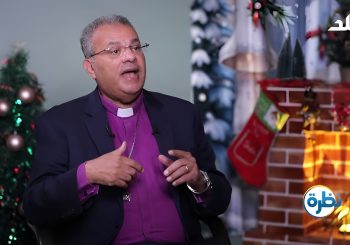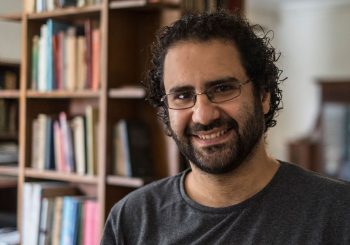Following the twin attack that had targeted two churches in Egypt during the celebrations of Palm Sunday, President Abdel Fattah Al-Sisi announced the state of emergency for three months all across Egypt.
The decision was approved by the cabinet and will go into effect starting Monday. The state of emergency has been imposed in North Sinai since October 2014 by a presidential decree. However, it is the first time that this state will be imposed all across Egypt since the approval of 2014 constitution.
How does the president implement the state of emergency?
According to article 154 of the 2014 constitution, the state of emergency is to be announced after consulting with the cabinet. Then, the decision should be reviewed by the parliament in no more than seven days after its approval by the cabinet.
Any decisions to be taken by the executive authority prior to the parliament’s session will have to be approved by the parliament as well. All these decisions will be futile in case the parliament rejected the state of emergency.
During the three-month state of emergency, the Parliament cannot be dissolved.
Why is it different this time?
The state of emergency was imposed nonstop during the era of former president Hosni Mubarak, from 1981 to 2012, even after he was ousted.
However, the current constitution stipulates that the state of emergency, should not be announced for more than three months. Also, the extension should not exceed three months as well. The extension is only allowed once but can be imposed again after several days following the conclusion of the six months, which has been the case in North Sinai.
When does the executive authority impose the state of emergency?
The state of emergency gives the executive authority exceptional powers to be able to confront any insurgency that regular laws cannot tackle.
So, what happens in the state of emergency in Egypt 2017?
The current law gives the executive authority the power to violate privacy, through monitoring private messages and emails. Also, newspapers can be closed and confiscated according to the law. The state of emergency can also specify the opening and closing hours of public shops and malls.
The president will also have the power to impose a curfew. He further gets to appoint military officers in different courts.
There will be no appeals on the verdicts issued by the national security courts. The president will have the right to intervene in the verdicts released by courts of urgent matters.







Comments (0)